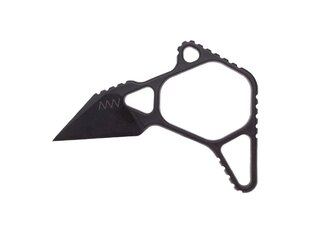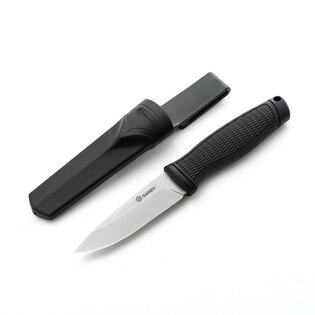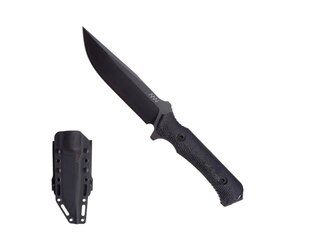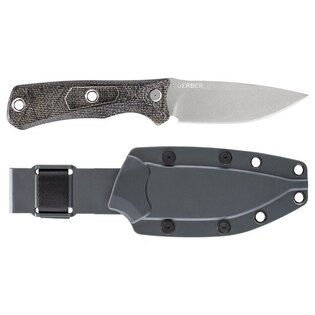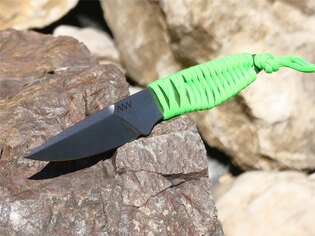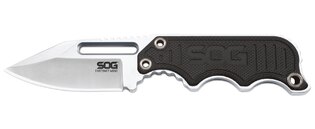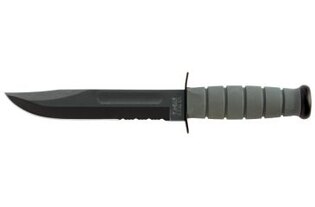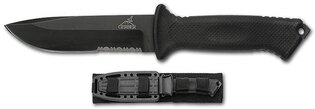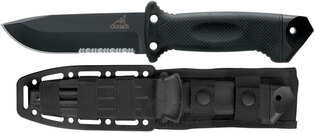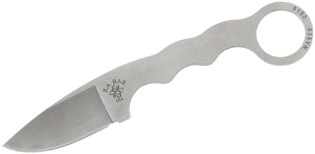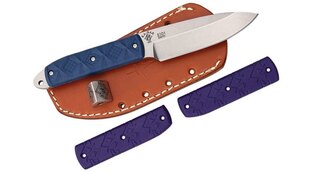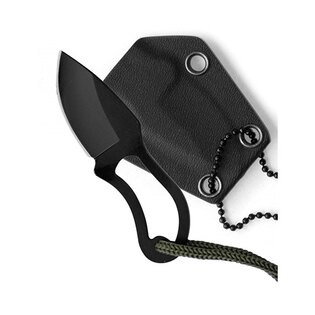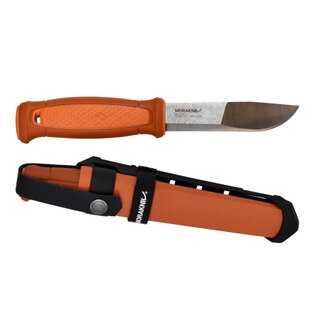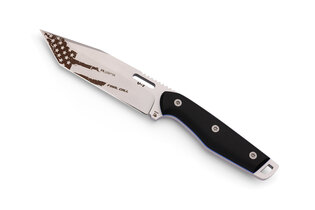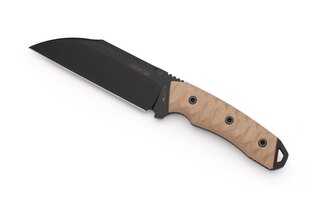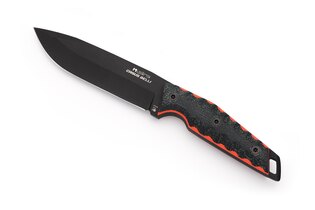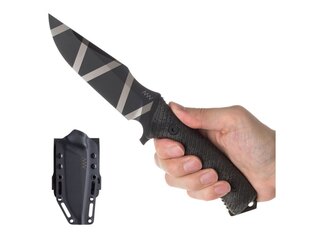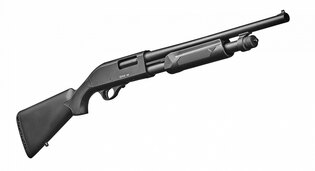How to prepare for a successful hunt
As the hunting season for ungulates and game birds winds down, we have several months ahead to prepare for the next one. A skilled hunter doesn’t just rely on experience in the field—preparation is equally crucial. From maintaining your firearm to training your body and mind, here’s what you can do to ensure a successful hunting season next time around.
1. Maintain Your Firearm
Your weapon is the foundation of ethical hunting. Proper maintenance and practice ensure that you can make clean, precise shots and minimize unnecessary suffering for the animal. Here’s how to keep your firearm in top condition:
✔ Regular Cleaning & Inspection – Remove dirt, debris, and moisture to prevent malfunctions.
✔ Sight Adjustment & Calibration – Ensure that your scope or iron sights are correctly zeroed.
✔ Shooting Practice – Visit a shooting range to train from different distances and positions.
✔ Training in Harsh Conditions – Practice in wind, rain, and low temperatures to simulate real hunting conditions.
✔ Learn Basic Field Repairs – Familiarize yourself with common firearm issues and how to fix them in the field.
A well-maintained firearm and sharp shooting skills can make all the difference when it comes to an ethical and successful hunt.
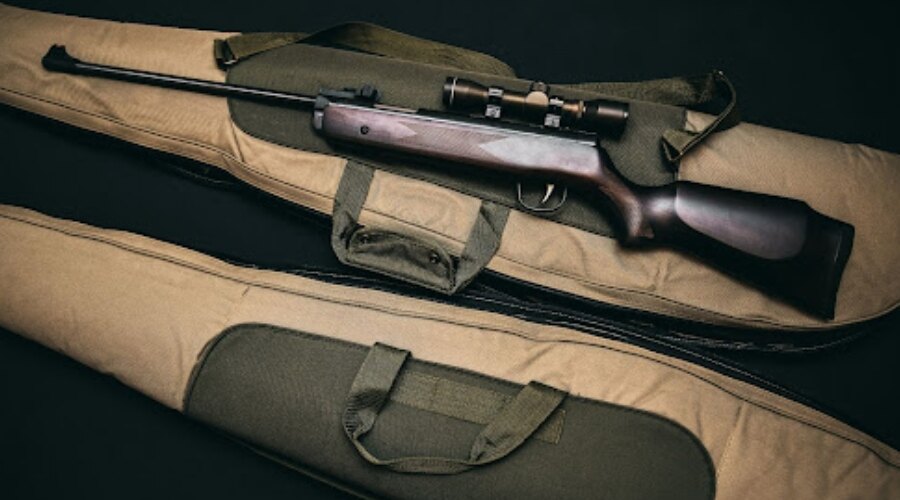
2. Prepare & Upgrade Your Gear
Hunting requires more than just a firearm. Your clothing, footwear, optics, and accessories all play a role in ensuring a smooth and effective experience.
✔ Clothing: Invest in a layered system:
- Base layer – Moisture-wicking thermal underwear.
- Insulating layer – Fleece or wool for warmth.
- Outer layer – Windproof and waterproof jacket.
✔ Footwear: Proper boots are critical. Break in new boots before the season starts to avoid blisters.
✔ Hunting Knives: A fixed-blade knife with a non-slip grip is best for:
- Skinning and processing game
- Cutting wood and rope
- Preparing food
✔ Flashlights & Headlamps: Look for models with:
- High brightness (several hundred lumens)
- Red light mode to preserve night vision
✔ Backpack: Choose a pack that’s big enough for a full-day hunt but not oversized. Pack only what you need to avoid unnecessary weight.
The off-season is the perfect time to repair, replace, or upgrade your gear so you're fully prepared when the season begins.
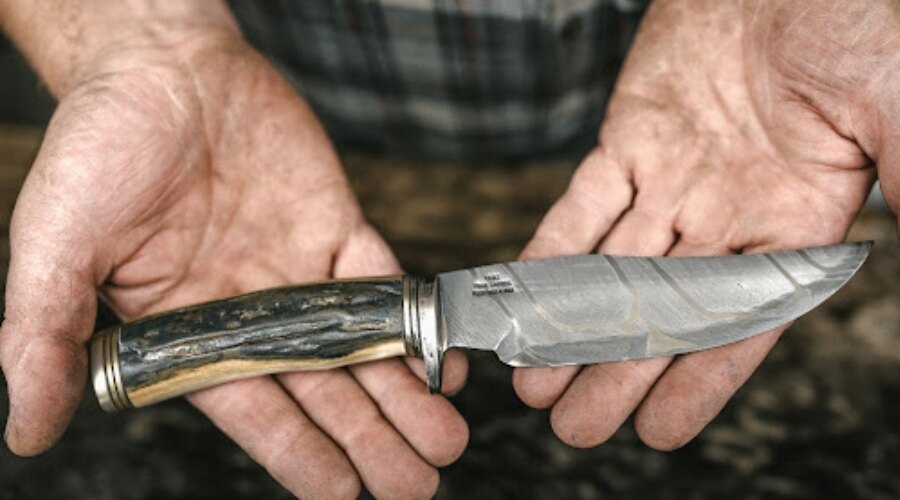
3. Improve Your Physical Condition
Hunting often involves long treks, climbing, carrying heavy gear, and navigating rough terrain. Staying in peak physical shape will help you endure the physical demands of the hunt.
✔ Strength Training: Use natural weights like logs or an axe to build endurance.
✔ Cardio Workouts: Hiking with a loaded backpack simulates real hunting conditions.
✔ Wear Your Hunting Gear: Break in boots and clothing to ensure comfort and mobility.
By maintaining good fitness year-round, you’ll perform better in the field and reduce fatigue during long hunts.
4. Strengthen Your Mental Resilience
Hunting requires mental endurance just as much as physical strength. Preparing your mind for both success and failure will help you stay focused and composed in the field.
✔ Practice Patience: Hunting involves long waiting periods—learn to stay still and alert.
✔ Stay Positive: A calm and positive mindset leads to better decision-making under pressure.
✔ Mental Focus Exercises: Techniques like meditation or visualization can enhance concentration and awareness.
Mental preparation not only improves hunting performance but also benefits your everyday life, making you more patient and adaptable.
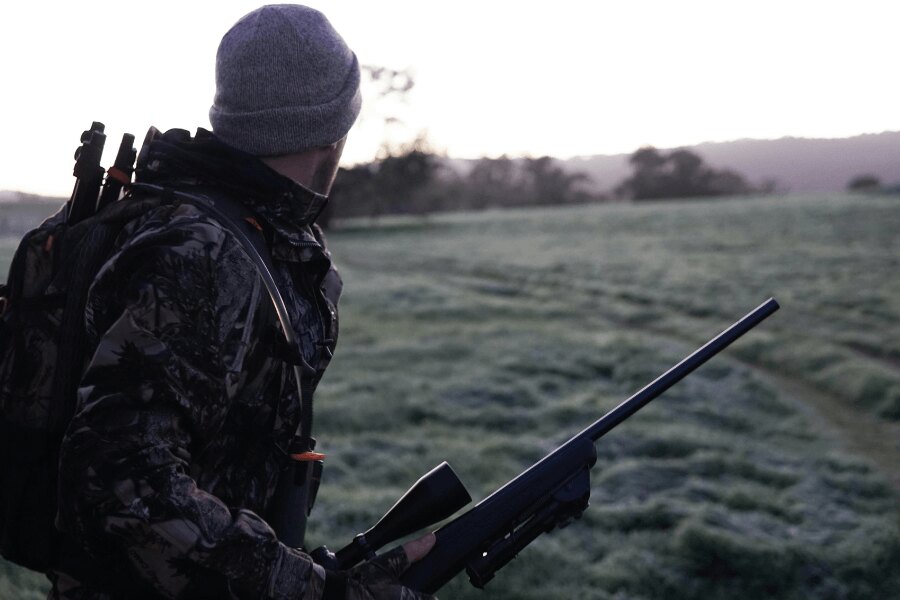
Hunting requires mental endurance just as much as physical strength.
5. Spend Time in Nature
Hunting is about more than just the kill—it’s about understanding nature. Use the off-season to explore the landscape, study animal behavior, and refine your tracking skills.
✔ Observe Wildlife – Learn to recognize tracks, feeding areas, and migration patterns.
✔ Scout Hunting Locations – Familiarize yourself with terrain, access points, and potential game paths.
✔ "Hunt" with a Camera – Practice stalking techniques and positioning by photographing wildlife.
✔ Provide Game Feed – In winter, animals struggle to find food. Providing salt, dried bread, and nutrient-rich food can support local wildlife.
By spending more time outdoors, you’ll develop a deeper connection with nature and gain valuable insights for the upcoming season.
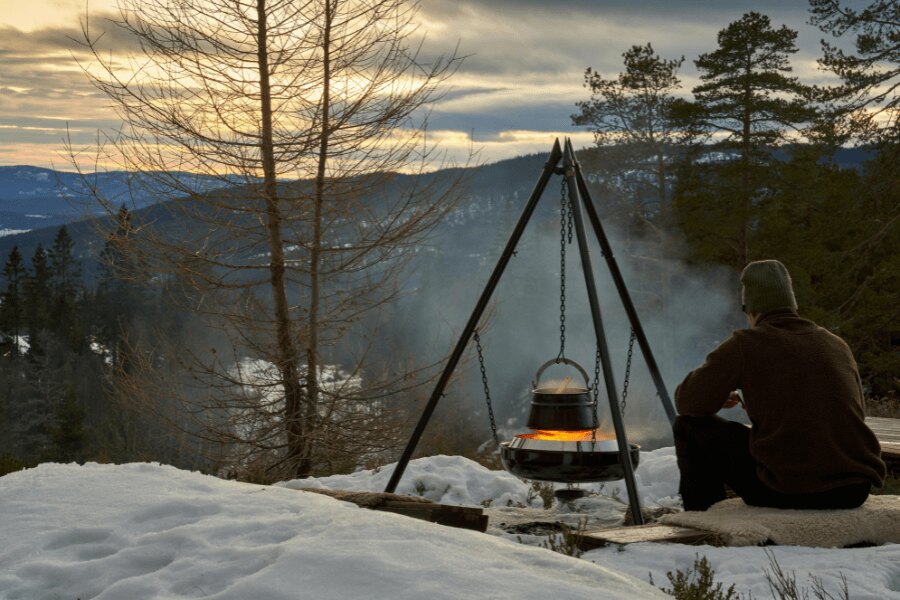
Hunting is about more than just the kill—it’s about understanding nature. Use the off-season to explore the landscape, study animal behavior, and refine your tracking skills.
6. Study Hunting Laws & Regulations
Laws surrounding hunting change frequently, and staying informed is essential to ensure compliance.
✔ Check for Legal Updates: Verify new regulations regarding permitted species, hunting seasons, and firearm requirements.
✔ Take a Hunting Course: Many organizations offer hunter education programs during the off-season.
✔ Review License & Permits: Ensure your hunting license and firearm documents are up to date.
Knowledge of hunting laws and best practices protects both you and the wildlife, ensuring an ethical and legal hunting experience.
Final Thoughts
A successful hunt doesn’t start when you step into the field—it begins months in advance with thorough preparation.
Key Takeaways for Off-Season Preparation:
✅ Maintain and improve your firearm – Clean, repair, and practice shooting.
✅ Upgrade your gear – Check clothing, knives, optics, and accessories.
✅ Improve your fitness – Train with real hunting gear and simulate field conditions.
✅ Enhance mental resilience – Stay focused, patient, and positive.
✅ Spend time in nature – Scout locations, observe wildlife, and test your equipment.
✅ Stay updated on hunting laws – Know the rules and take educational courses.
By taking proactive steps during the off-season, you’ll be better prepared, more skilled, and fully equipped for a successful and ethical hunting season.
Readers are further interested





































































































































